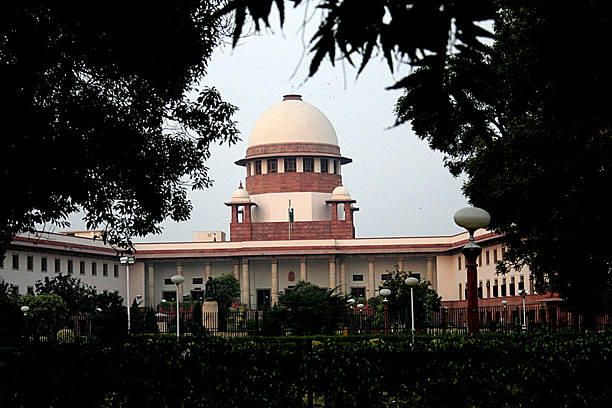
The Supreme Court on Wednesday asked why the government was remaining a mute spectator to hate speech. The apex court also pulled up mainstream TV news channels for holding debates that often give space for hate speech.
A bench of Justices K.M. Joseph and Hrishikesh Roy was hearing a batch of pleas seeking direction for steps against hate speech incidents.
During the hearing, the bench asked why the Central government was remaining a “mute spectator” on the hate speech issue.
“What’s the problem? Why government of India not taking a stand? Why is the government remaining a mute spectator?” asked the bench from Additional Solicitor General K.M. Nataraj. Government should not take an adversarial stand on this but assist the court, Justice Joseph said.
In the context of hate speech, the role of TV channels and anchors came under severe scrutiny. The court observed the role of anchor in the TV channel debate is “very important” and “critical” and it’s their duty to ensure that guests invited to the show don’t indulge in hate speech. The bench also said that TV channels which often give space to hate speech escape without any sanctions.
“Role of the anchor is very important. These speeches are on mainstream media or social media that is unregulated. Mainstream TV channels still hold sway. The role of the anchor is critical. The moment you see somebody going into hate speech, it is the duty of anchor to immediately see that he doesn’t allow that person,” said Justice Joseph.
“You should be communicating what others are saying not what you want to say. Pillars of democracy are supposed to be independent and not take orders from anyone,” the bench said.
The bench said, “If sanctions are effected this will go… Any anchor will have his own views, but what is wrong is when you have people of different views and you are not allowing them to express those views… in doing that you are bringing hate and your TRP is going up.”
The bench further observed that freedom of the press is important and ours is not as free as the US but we should know where to draw a line. The top court further added that nowadays nobody reads because of the paucity of time, but visual media has a power that has been recognised by this court in censorship cases.